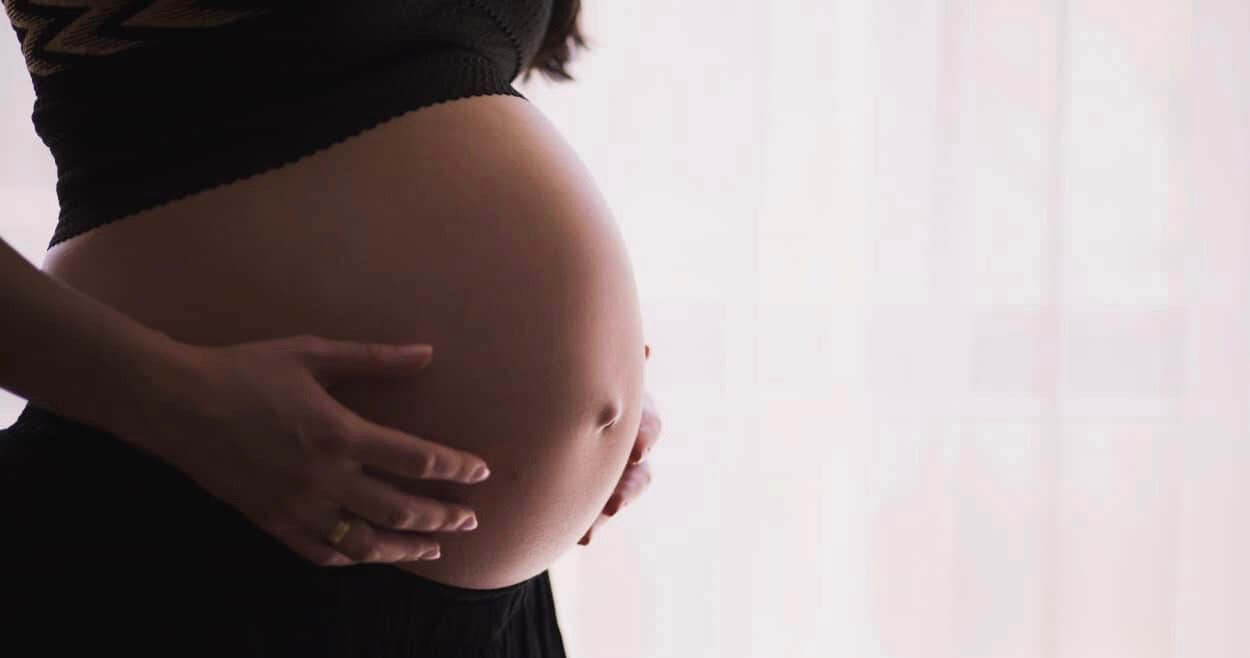According to experts, if you haven't felt any movement from your baby by 24 weeks, you should see your doctor. However, if your baby's movements decline or stop, it may indicate that there's a problem. Also, if you are worried that your baby is moving less after 28 weeks, you should also consult with your physician.
According to Dr. Kecia Gaither, the Director of Perinatal Services at NYC Health + Hospitals/Lincoln, “Fetal movement in and of itself lets the mother know that the baby is alive. For the obstetrician, fetal movements can indicate that the baby is oxygenated well and is likely to have adequate amniotic fluid to move around in.”
When pregnant, you may begin to feel your baby moving or quickening at around 18 weeks into the pregnancy. For women who are pregnant for the first time, this may not occur until about 20 weeks. By the second pregnancy, many women sense movement as early as 16 weeks.
BabyGaga spoke with experts to gain some insight to share about the subject.
According to Mary Sweeney, RN, BSN, CEN, ONN-CG, and contributor with Mom Loves Best, “Fetal movements are a sign that your baby is growing stronger and bigger every day. Around 28 weeks, your OB will ask you to start “counting kicks” around the same time every day and keep a log. If you notice fewer kicks than normal, it may be a sign that the baby is in distress. With any dramatic change in movement, it’s best to contact your OB.”
Certain factors can determine if you feel your baby move more or less. If your placenta is at the front of your uterus, you may not feel your baby’s movements as much. Also, if your baby’s back is against the front of your uterus, you may feel fewer movements than if their back is against your own back. In addition, certain drugs, such as strong pain relief or sedatives, which you should check with your doctor before taking, can cause your baby to move less.
The movements you feel depend on what the baby is doing as well as their stage of growth and development. Also, some babies tend to be more active than others. First sensations may include swishing, rolling, tumbling or tiny kicks. As your pregnancy develops, the movements become more common and distinctive. Also, as the baby grows, your skin is stretched over your womb, therefore, the kicks, jabs and elbows become more noticeable. In fact, near the end of the pregnancy, the kicks may even hurt your ribs.
In order to determine if there any issues with your baby’s movements, or lack thereof, an ultrasound must be conducted, which Dr. Gaither says allows for direct visualization and enables the movement to be viewed with a clinical determination.
According to Dr. Gaither, an ultrasound allows a physician to detect decreased fetal movement, which may indicate “poor oxygenation, absent limbs, neurologic malformations/dysfunction, such as a brain or spinal cord defect, an inherited neurologic disorder like muscular dystrophy, paucity of amniotic fluid restricting movement, or a hydropic or fluid-filled fetus.”
On the other hand, she says, “increased movement may indicate a neurological issue, such as brain spinal cord malformation/ seizure disorder, or the presence of multiple fetuses.” Dr. Gaither believes it is “always best to have a situation correlating what the mother reports in addition to real-time sonographic evaluation/ fetal testing to fully evaluate normalcy or not of fetal movements.”
Experts say that there is no set number of movements that are considered normal. During your pregnancy, you need to be aware of your baby’s own pattern of movements as well as a reduction or a change in movements, which may indicate that something might be wrong. As always, it is best to have a doctor make this determination.

